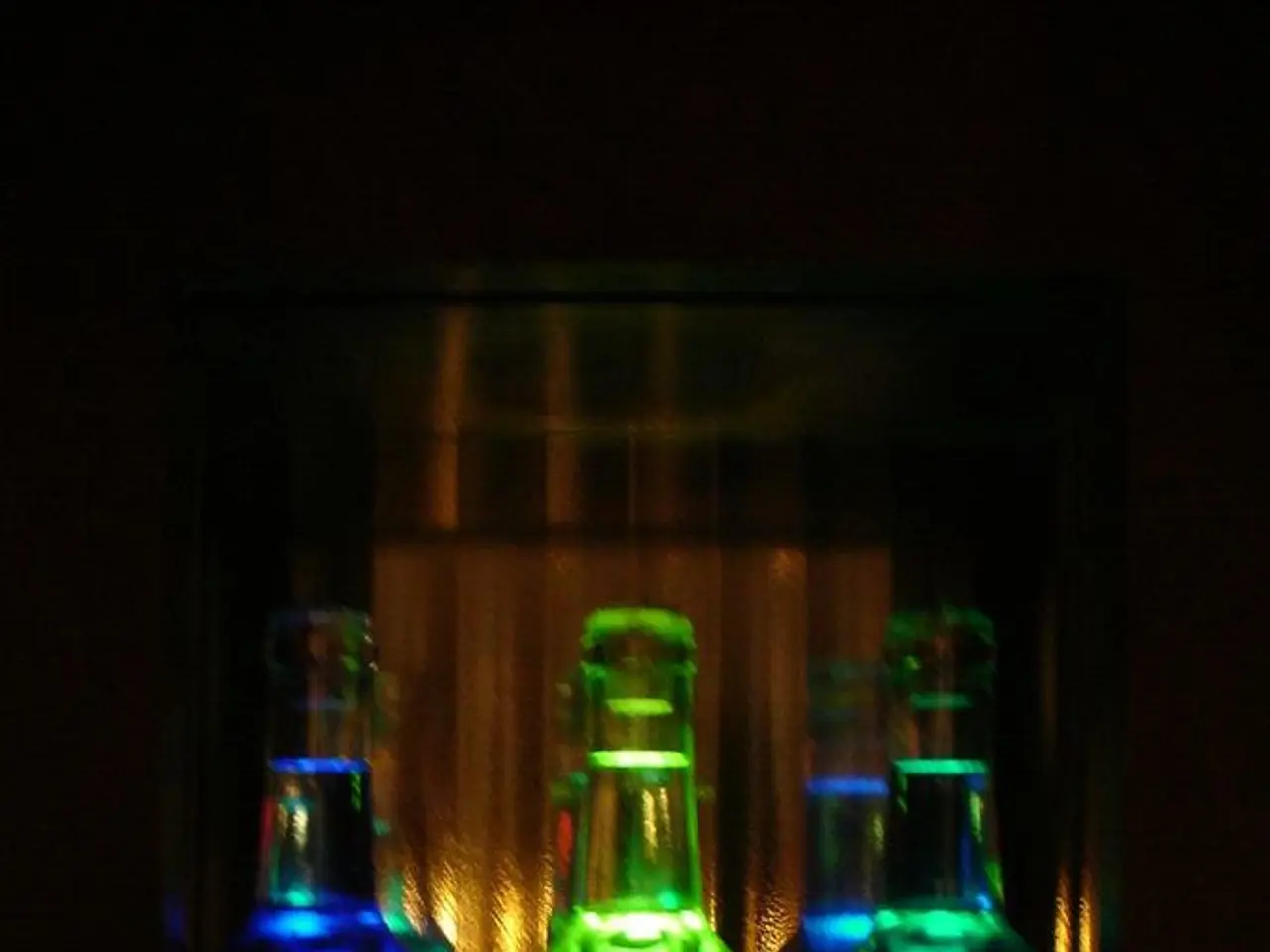Enhancing Chromatography for the Production of Therapeutic Antibodies
In the rapidly evolving world of therapeutic antibodies, the future of purification strategies lies in tailored, scalable solutions. The focus is on an adaptable resin toolbox, designed to optimize individual processes as well as platform-wide purification methods.
As the therapeutic-antibody landscape diversifies, with an increasing share of non-traditional monoclonal antibodies entering clinical and commercial phases, the need for optimized chromatography solutions becomes paramount. While specific companies offering these solutions may not be explicitly named, companies providing advanced ion exchange chromatography resins and optimization guides for antibody purification are referenced. These resources focus on critical parameters such as binding capacity, selectivity, and process stability.
Rapid-cycling chromatography, which shortens residence times and reduces resin consumption, is another promising approach. This technique, along with solutions for improving purity, yield, and productivity, such as leveraging differences in avidity or deploying high-resolution polishing technologies, is helping to meet the demands of modern antibody pipelines.
The shift away from one-size-fits-all chromatography reflects the scientific diversity of modern antibody pipelines and the industry's commitment to cost efficiency, sustainability, and quality. Chromatography resins have been optimized for economy, productivity, and environmental footprint in response to the need for more efficient mAb-manufacturing processes.
Simple improvements, such as using high-capacity resins with good flow properties or running more optimized protocols, can deliver meaningful benefits. For more complex antibody formats, a toolbox of affinity resins is often essential to achieve both high purity and yield. Traditional mAbs may require adjustments depending on processing conditions, such as pH sensitivity.
When selecting capture processes, manufacturers must balance several features, including the resin's capacity, flow properties, and durability. High-titer fed-batch processes may benefit most from resins offering a strong balance of capacity and flow performance. Continuous chromatography connected to perfusion bioreactors often requires highly durable resins that can withstand extensive cleaning and many cycles.
Periodic counter-current chromatography (PCC) can help maximize resin utilization. Process modeling has emerged as a powerful tool to guide decision-making in capture-process optimization. Niklas Jungnelius, process modeling leader at Cytiva, stated that today's therapeutic antibodies often require other or additional affinities compared to what standard protein A resins can offer. The demand for a diverse mAb affinity-resin toolbox has arisen due to the evolving therapeutic-antibody landscape.
The diversification of antibody formats introduces new purification challenges, such as the increased likelihood of aggregation and mispaired chains in multispecific antibodies. Manufacturers are facing new challenges in purification due to the diversification of therapeutic antibodies. However, with the right tools and strategies, these challenges can be met head-on, paving the way for continued advancements in the field.
The shift to optimized chromatographic solutions reflects a growing list of objectives, including lower manufacturing cost and increased sustainability. As the industry continues to adapt and evolve, the focus on tailored, scalable purification strategies will undoubtedly play a crucial role in shaping the future of therapeutic antibody production.







